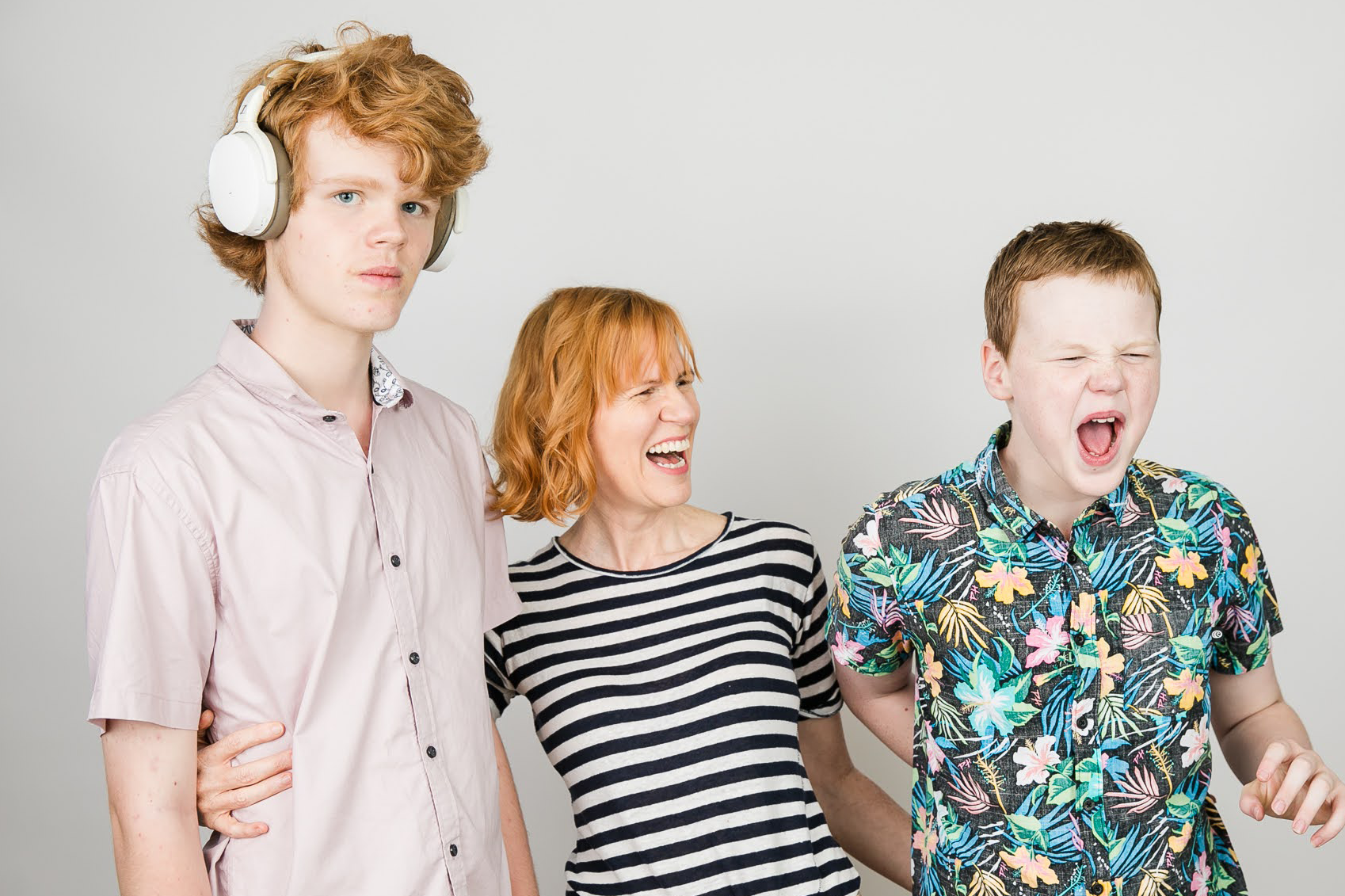Gaming for good: healthy habits for autistic people

There’s no denying the popularity of gaming for people of all ages and backgrounds.
For autistic people, however, gaming is a particularly popular pastime, encouraging creativity, problem-solving, goal-setting and other valuable skills. Many video games also provide a less daunting and challenging way for people with autism to socialise and form friendships.
Unfortunately, autistic people are also more likely to experience the negative sides of gaming more intensely than their neurotypical peers. Whether that’s online harassment, disrupted sleep or even a gaming addiction, people with autism are at a greater risk of developing or exacerbating these unhealthy habits.
However, that doesn’t mean that all gaming is bad. With an informed understanding and a bit of moderation, people with autism can enjoy the benefits and positive aspects of gaming while avoiding unhealthy behaviours and situations.
- Benefits of gaming for autistic people
- Unhealthy behaviours - why are autistic people at risk?
- Gaming addiction
- Striking a balance
- Your next steps
Benefits of gaming for autistic people
While many people may try to tell you otherwise, gaming can have a range of positive impacts on the well-being of autistic people:
Learning and problem-solving skills
The skills required to succeed in most video games are transferrable to other areas of day-to-day functioning. Whether it’s quick response times or the ability to think critically to solve problems, many games sharpen skills that benefit us in other areas. Improved focus, creativity and visual memory are just some examples, with users able to develop these skills in a way they enjoy, often without even realising it.
Social interaction
Autistic people can also use games as a more comfortable means of social interaction. Where socialising face-to-face can be uncomfortable and overwhelming, interactions via gameplay don’t follow as many traditional social rules. Players can choose how much or little they want to participate in social interactions, if at all.
Where gameplay requires players to collaborate to achieve a goal, autistic people are given an invaluable opportunity to work with others and contribute towards success, providing them with a feeling of purpose.
Many people with autism also have one or more special interests, and finding others with the same interests can make social interactions easier. By interacting with like-minded people while gaming, autistic people can form relationships based on shared interests and their terms.
Therapeutic benefits
Traditional therapies and supports can sometimes be less effective or accessible for people on the autism spectrum. Some therapists have noticed the affinity autistic people have for gaming and have even incorporated popular games into how they deliver their support. Minecraft, for example, is used in a range of therapies supporting autistic people to increase their levels of comfort and engagement.
Unhealthy behaviours - why are autistic people at risk?
There are a few reasons why people on the autism spectrum can be at greater risk of developing unhealthy behaviours:
Co-occurring stress, anxiety or depression
As many as 7 out of 10 people with autism have at least one co-occurring mental health condition, with depression and anxiety being particularly pertinent among the autistic population (70% higher than the general population). Unfortunately, for those autistic people who can articulate their emotions and experiences, effective mental health support can still be hard to find.
As a result, many people on the autism spectrum use escapism to distract themselves from mental health challenges, which is where excessive gaming can come in. Being a very immersive form of distraction that provides the dopamine hit neurodivergent brains crave, gaming can become an extremely addictive way of avoiding deeper issues.
Social and communication challenges
Many autistic people experience social and communication challenges to varying degrees. This can cause feelings of isolation and can result in exclusion from traditional social activities. Autistic people may therefore depend on video games as their sole means of interacting with other people.
Unfortunately, autistic people are more likely to experience cyberbullying, online harassment and cyber phishing attacks (internet scams). This then creates a vicious cycle; whereby autistic people depend heavily on online interactions due to exclusion from other social environments but are then more likely to be exposed to unsafe or unwelcoming spaces online.
Gaming addiction and other issues
An unhealthy dependency on gaming can lead to the following problems:
- Poor diet and exercise regime (causing weight gain, weight loss or other problems)
- Poor sleep and exhaustion throughout the day
- Aggression and poor emotional regulation during and outside of gameplay
- Relationship breakdowns and interpersonal conflict
- Depression, anxiety and suicidal thoughts
For some people, their behaviour when gaming can become very problematic and even begin to impact commitments and relationships in other areas of their lives. If you recognise these behaviours in yourself or someone you know, you may need to seek further support:
- Regular physical or verbal outbursts during gameplay
- Pre-occupation with gaming (often thinking of playing when you’re not playing)
- Irritability when not gaming.
- Poor performance at work or school
- Relationship problems
- Low mood and anxiety
- Socialisolation
There are support programs and groups for neurotypical people experiencing gaming addiction that can be helpful for people with autism. Cognitive behavioural therapy (CBT) can also assist people in identifying the cause of their unhealthy relationship with gaming and offer practical strategies to decrease dependency.
Striking a balance
While people with autism can be at a greater risk of experiencing the negative impacts of gaming, that doesn’t mean they need to remove it from their lives completely. Like with all things, practising moderation can ensure you or someone you know enjoys the benefits of gaming without harming their physical, mental or social health.
Here are some steps that can be taken to address unhealthy habits or prevent their development altogether:
- Avoid playing video games as soon as you wake up.
- Avoid placing gaming devices in bedrooms.
- Take regular breaks where you stand up and move away from a device. This is a good opportunity to move around or have water or a snack.
- Try to limit gameplay to a maximum of two hours per day (this is particularly important for children). If you or your child does play video games for more than two hours per day, try to reduce the time playing by fifteen minutes each day until you reach this goal.
- Try a game-free day once a week. This could be a day you’re particularly busy or a day where you decide to pursue other hobbies offline.
Your next steps
It is possible to strike a balance when it comes to gaming, it might just take some time. While gaming can sometimes cause or even worsen challenges experienced by autistic people, discounting it altogether would mean missing out on some of its benefits, not to mention a lot of fun.
Visit the links below for further support around gaming for good:
Visit the links below for further support around autism:






